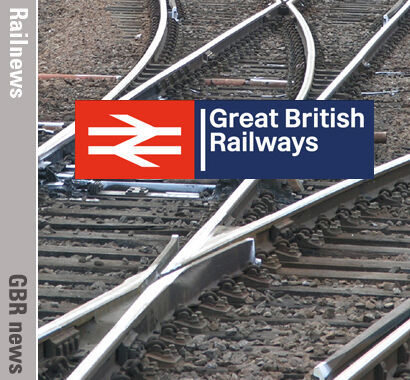Transport secretary Louise Haigh has launched a shadow version of the future ‘directing mind’ Great British Railways, as the Passenger Railway Services (Public Ownership) Bill reaches its Third Reading in the House of Commons today.
When the Passenger Railway Services Bill becomes law, the ownership of train operators will be in the public sector by default, ruling out any return to the former franchising system.
The Bill was created because more complicated legislation will be needed to give GBR legal authority and to allow it to take over many of the functions of the Department for Transport as well as the infrastructure responsibilities of Network Rail.
Louise Haigh said: ‘Today, I am firing the starting gun on the biggest reforms to our railways in a generation. I am determined to end the chaos, delay and disruption faced by people on train journeys every day.
‘Establishing Shadow Great British Railways marks a significant step towards delivering a unified railway with passengers at its heart by bringing together track and train, and by progressing the Passenger Railways Services Bill we’re one step closer to public ownership which will help put our railways back on track.
‘This Government will direct every penny into creating a stronger, more reliable rail network that works for everyone.
‘This is about making the railways work for the people that use them – putting passengers first and driving up performance.’
The private sector lobby group Rail Partners has sounded a note of caution.
Rail Partners chief executive Andy Bagnall said: ‘Train companies have been calling for the establishment of Great British Railways for many years but rushing to ban the use of contracted operators, before working out the details of this wider reform, is a political decision that offers few practical benefits for passengers.
‘When the government is facing huge financial challenges, it is counter-intuitive to remove the only part of the rail system with a track record of driving growth and reducing subsidy for taxpayers – nationalisation could be costing taxpayers £1 billion per year by the end of this Parliament.’
Meanwhile, a new Rail Sale has been announced for early next year, to coincide with celebrations to mark the 200th anniversary of the railways. The sale will be intended to encourage more people to travel by train by offering discounts of up to 50 per cent off fares for a limited period.


